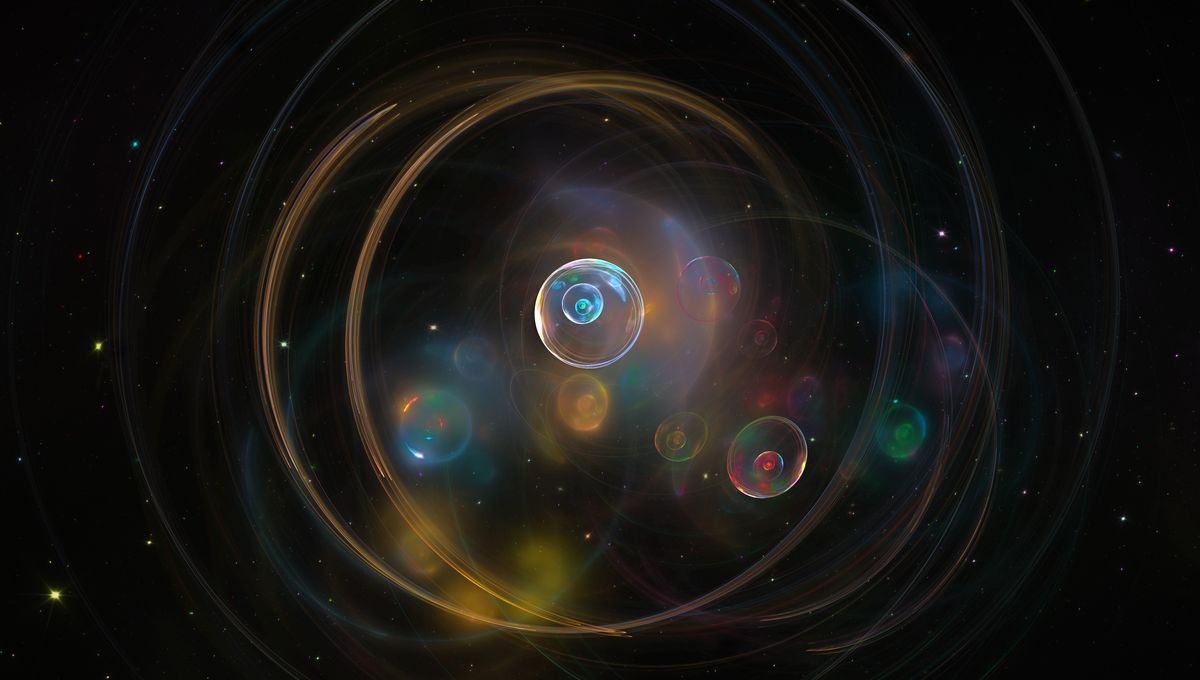
Quantum mechanics and general relativity are the two pinnacles of 20th-century physics. In their respective fields, scientists have demonstrated time and time again how correct these theories are. Still, we know that they have limitations. They do not work together well, especially in two particularly important areas: black holes and the Big Bang.
The rest of this article is behind a paywall. Please sign in or subscribe to access the full content.
The search for a theory of everything, or at least one that incorporates both the quantum properties of reality and gravity, is ongoing. There are several candidates out there, and their limits are under constant investigation. Most of them are currently beyond our ability to test; usually, we test quantum mechanics or relativity, for example recently, with black hole collisions.
Leading the charge for the Grand Unified Theory are string theory and loop quantum gravity. String theory imagines fundamental particles not as point-like but as one-dimensional strings, their properties emerging from how they vibrate. An alternative is loop quantum gravity, where space is not infinitely divisible but is made of elementary chunks, which are linked together into loops.
There’s plenty of variety in quantum gravity theory: there’s a version with gravity coming from entropy, for example. These theories are based on hardcore math to try to square this particular circle – and now, we get to the core of this new paper that Professor Brian Cox enjoyed so much.
The paper – a preprint that is yet to be peer-reviewed, written by Daniel Harlow, Mykhaylo Usatyuk, and Ying Zhao from MIT and the Kavli Institute for Theoretical Physics – focuses on the Hilbert space of quantum gravity. The Hilbert space is the extension of Euclidean space – which is what we use to do 3D geometry – to go to infinite dimensions. Now, if you apply this to a closed universe, a universe that eventually might collapse into a big crunch, then something peculiar happens.
This Hilbert space of potentially infinite dimensions, when it comes to quantum gravity in a closed universe, is one-dimensional. The crucial consequence of this, which is the reason for the footnote, is that such a universe cannot have an external observer.
“This paper – which is really technical but is in my view exhilarating to at least read through (if not fully understand to say the least!) if you have an interest in quantum gravity / black holes / holography etc etc, contains what is surely one of the great footnotes. ‘We leave the theological implications of this statement as an exercise for the reader’,” Cox said in a social media post.
This is not to say that this study is proving or disproving the existence of a deity looking into the universe. In that one-dimensional universe, we would also fail to exist. The paper, though, focuses on how to fit an observer like us in such a universe, using principles of holography, where, for example, a flat surface could contain all the information of a three-dimensional object.
This paper has not solved the thorny unification of relativity and quantum mechanics, but it might have some application in black hole physics. If that won’t be the case, at least the footnote is destined to be in the annals of history.
The preprint is posted on arXiv.
Source Link: The Universe Could Be Simple – We Might Be What Makes It Complicated, Suggests New Quantum Gravity Paper Prof Brian Cox Calls “Exhilarating”